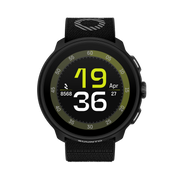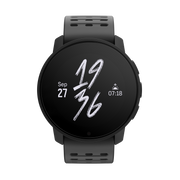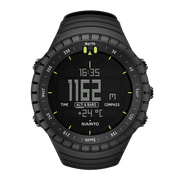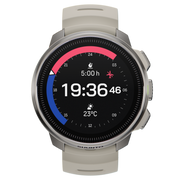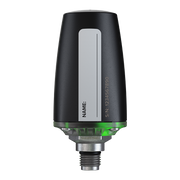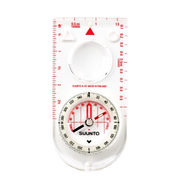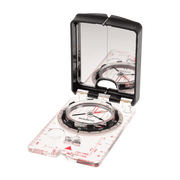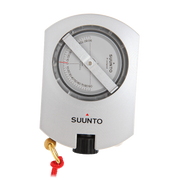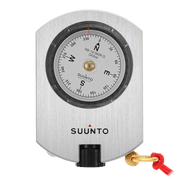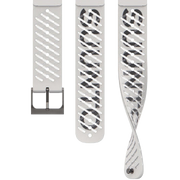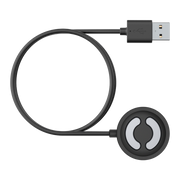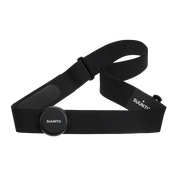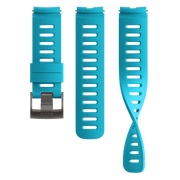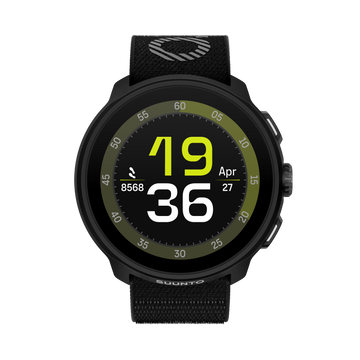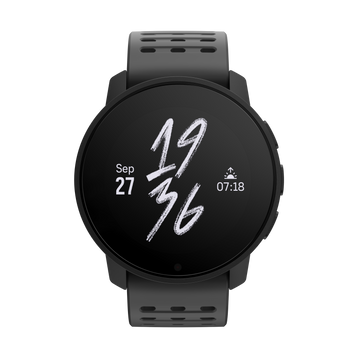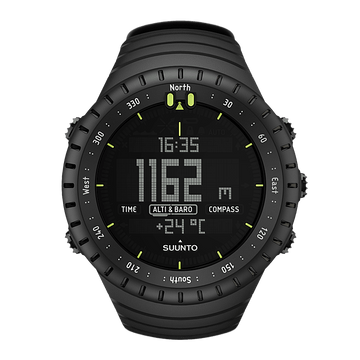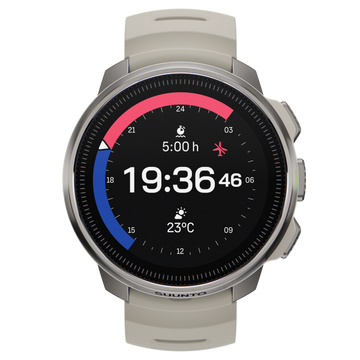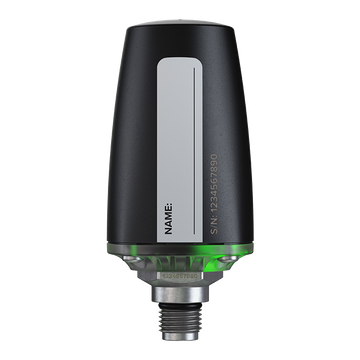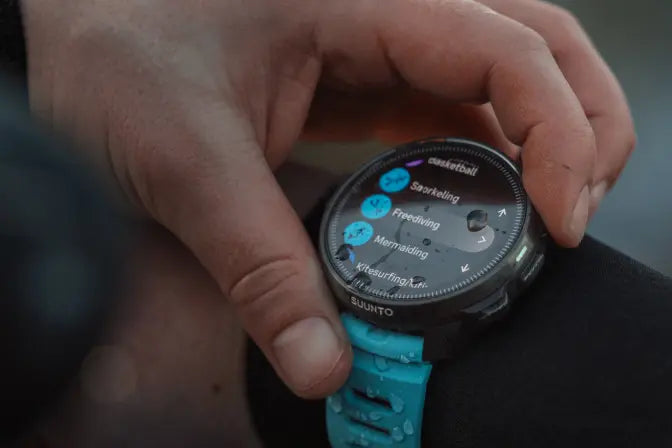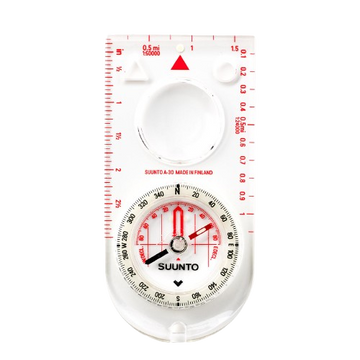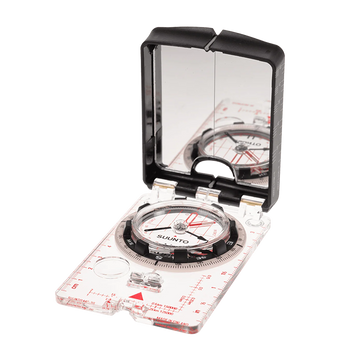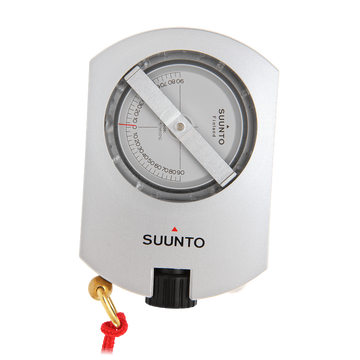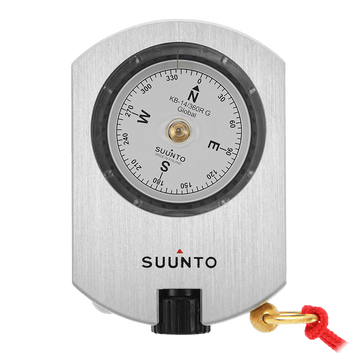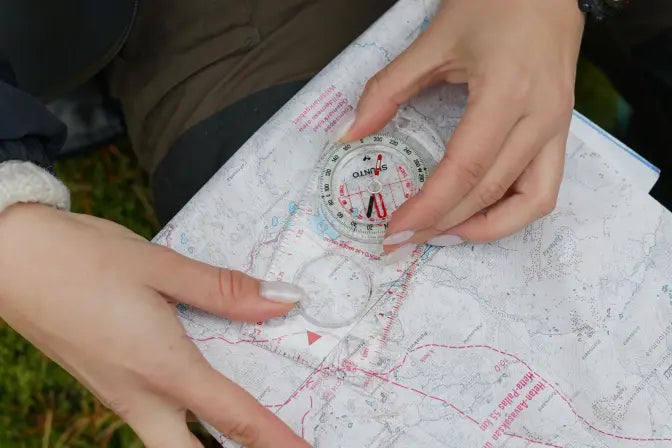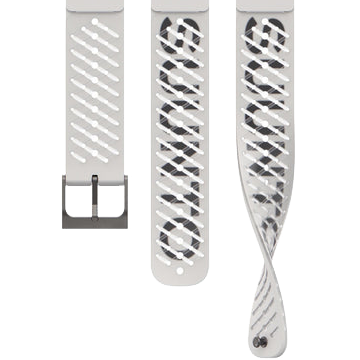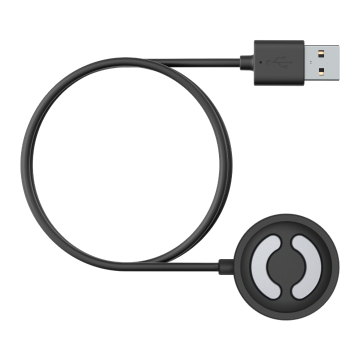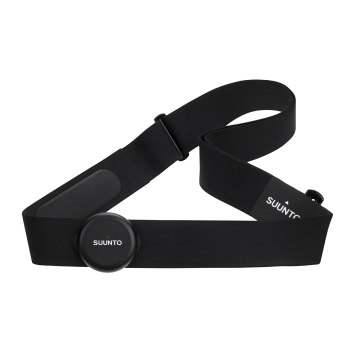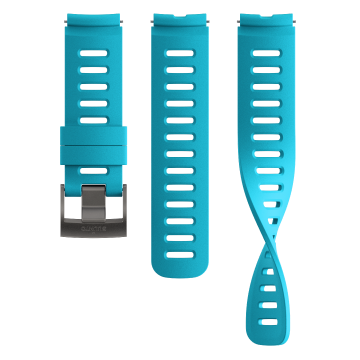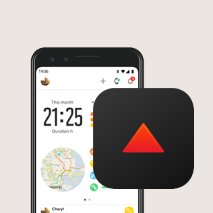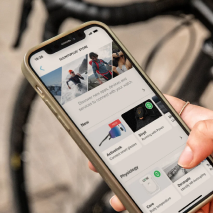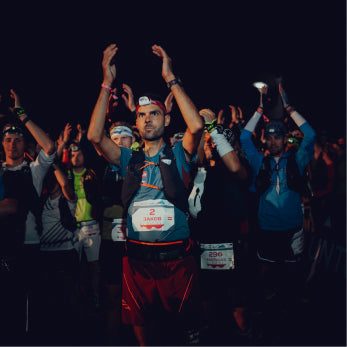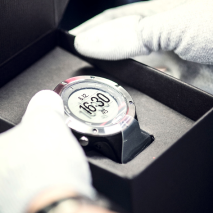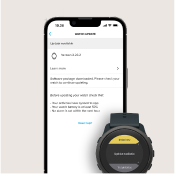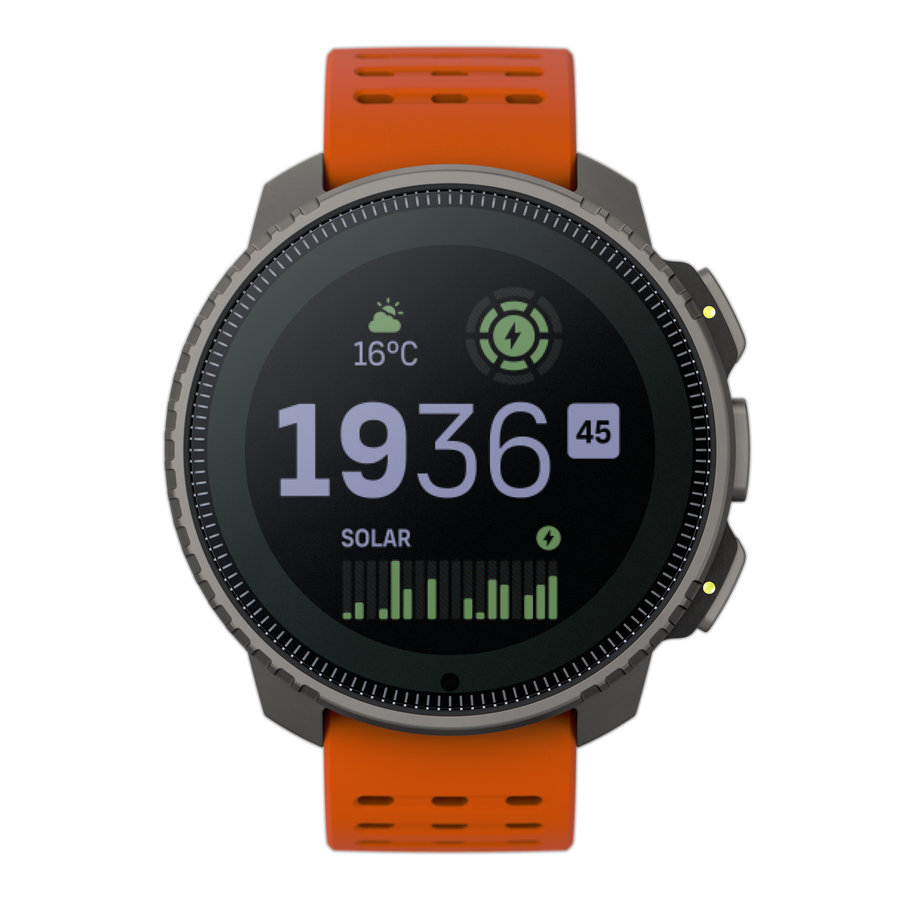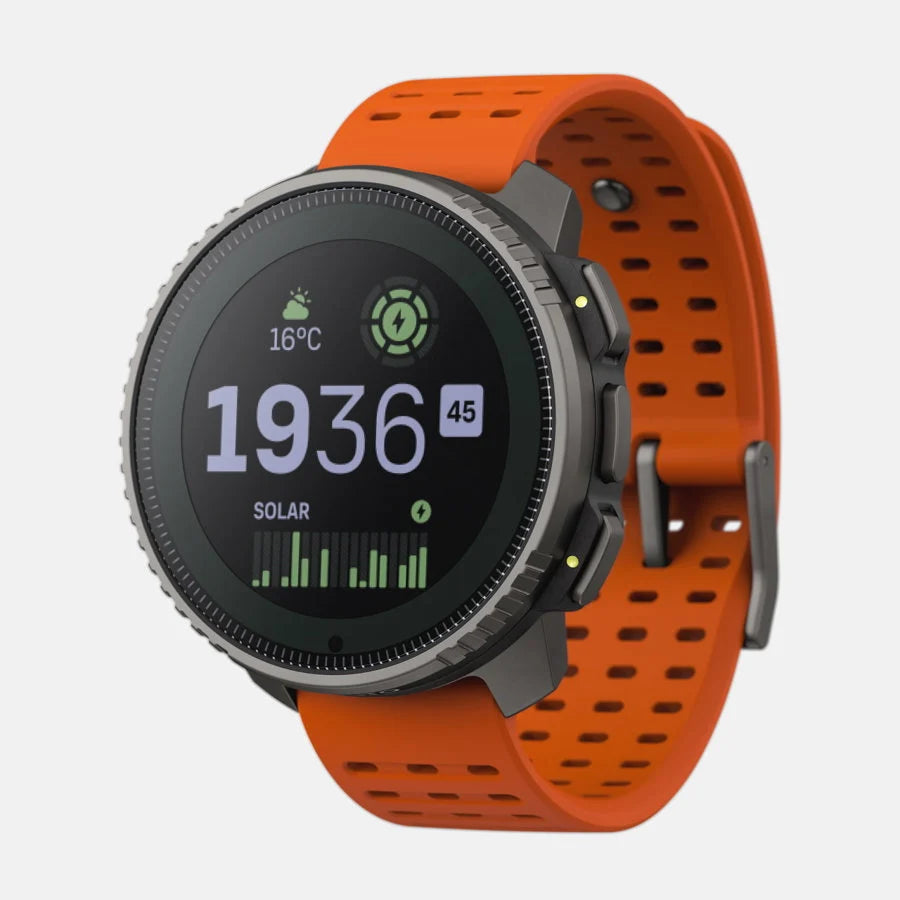Hiking up a mountain or visiting a high-altitude destination feels like magic. The fresh air, the beautiful views, and the thrill of being so high—it's all exciting.
However, sometimes your body doesn't feel the same, and just after a little hike or simply walking, your heart starts beating faster. It is because the higher you go, the less oxygen there is in the air and as a result, you end up finding yourself gasping for air.
But don't worried about it. In this article, we'll discuss how to lower heart rate at high altitude with easy and practical steps. Let's get started!
Content Table:
- Why Does Heart Rate Increase at High Altitude?
- Part 2: How to Lower Heart Rate at High Altitude?
- Part 3: Bonus Tip – Use a Smartwatch to Track Heart Rate and Oxygen
- Part 4: Pre-Trip Tips to Help Lower Your Heart Rate at High Altitude
Part 1: Why Does Heart Rate Increase at High Altitude?
When you go to places with higher altitudes, such as tall mountains or highlands, the air becomes thinner. This means there's less oxygen for your body to use. Since your body still requires the same amount of oxygen to function normally, it immediately notices the drop in oxygen and begins working harder to maintain normal function. As a result, your heart starts beating faster to pump more oxygen.
This is normal,as the heart is just trying to send more oxygen-rich blood to your muscles and organs. However, you may feel out of breath, dizzy, or more tired than usual because the body is actually compensating for the oxygen shortage by forcing the heart to pump more blood per minute.
Other Things That Can Make Your Heart Beat Faster
You need to know that a low oxygen level is not the only reason your heart speeds up. Several other factors can cause your heart to beat faster at high altitudes. Let's take a look at a few more common reasons:
1. Poor Sleep
Poor sleep or lack of sleep can be another reason, as sleeping well at high altitude can be hard. You may toss and turn more often because your breathing patterns are disturbed, and as a result, you might wake up frequently or sleep lightly. And when you don't sleep well, your heart has to work harder the next day.
2. Feeling Stressed or Nervous
Sometimes, just being in a new place or worrying about your health can make you anxious. And as stress releases adrenaline, this can raise your heart rate too.
3. Dehydration
At high altitudes,the air is dry, and you lose moisture faster than you think. Especially if you are engaging in any physical activity and not drinking enough water, it can lead to dehydration. Additionally, excessive consumption of caffeine or alcohol at high altitude can disrupt your hydration and heart rhythm.And when you are dehydrated, your blood volume decreases and your heart pumps faster to keep things moving.
4. Cold Weather
Mountain air is cold,and this cold environment can cause blood vessels to constrict. The tightened blood vessels raise blood pressure, ultimately forcing your heart to pump harder to circulate blood effectively.
Part 2: How to Lower Heart Rate at High Altitude?
Now that you know what causes your heart rate to spike at high altitude,let's talk about what you can do to bring it back down. The good news is that most of these tips are easy to follow and can make a big difference.
Here are some of the simple yet practical tips to lower heart rate at high altitude:
1. Drink Plenty of Water
This one is super easy. Keep a water bottle alongside and sip all day. It is important because drinking more water will help you maintain your blood volume and keep the cardiovascular system balanced. So, make sure to keep on drinking water, even when you don't feel thirsty. However, limit the caffeine and alcohol, as both can raise your heart rate.
Take Breaks and Don't Rush
When climbing or hiking, don't rush and always pace yourself. Also, don't forget to take short breaks, as this will give your body time to catch up and adjust. Also,it gives your body a chance to slowly get used to the thin air, ultimately reducing the strain on your heart. Remember, it's not a race; you can go at your own pace.
3. Breathe Deep and Slow
For hiking or climbing, practice slow and controlled breathing to increase oxygen intake. You can try inhaling deeply through your nose, holding for seconds, and exhaling slowly through your mouth. Doing it regularly will help your lungs get more oxygen, which will calm your nervous system and lower your heart rate.
4. Eat Light but Healthy
At high-altitude places, avoid heavy or greasy foods. Instead, choose meals that are simple and nutritious, such as veggies, fruits, and grains. These meals will fuel your body without overloading the system.
Part 3: Bonus Tip – Use a Smartwatch to Track Heart Rate and Oxygen
These days, you don’t need fancy machines to check your heart rate or oxygen levels. In fact, many people use sports watches like Suunto 9 Peak Pro to track their daily health, especially when they’re outdoors or in high places.
The Suunto 9 Peak Pro. It’s designed for people who enjoy outdoor adventures, like hiking or mountain climbing. This smart and powerful watch can track your heart rate, check your blood oxygen level (SpO₂), and even monitor how well you sleep. With these features, you can easily see how your body is reacting to the altitude.

Some of the main features of the Suunto 9 Peak Pro include:
✔️ 21 Days Better Life: One full charge can last up to 21 days in daily use and up to 40 hours with GPS tracking on.
✔️ Military-Grade Durability:This watch is built for harsh conditions and tested to U.S. military standards (MIL-STD-810H). So whether you're hiking in heavy rain, dealing with dusty trails, or going from hot to freezing weather,
✔️ Fully Featured Sports Watch: This isn’t just a step counter. With support for over 95 sport modes, you can track everything from running, cycling, swimming, hiking, to yoga and weight training. On top of this, it also gives real-time metrics like heart rate zones, calories burned, pace, and more. So whether you're a casual walker or a serious athlete, the watch adjusts to your goals.
✔️ Accurate GPS and Navigation System: Getting lost on a trail is no fun. That’s why the Suunto 9 Peak Pro offers ultra-precise dual-band GPS that works even in tricky environments like deep forests or mountains. It also includes turn-by-turn navigation, route tracking, and breadcrumb trails, so you always know where you are and how to get back safely.
Want to learn more? You can check out theSuunto 9 Peak Pro user guide here.
Part 4: Pre-Trip Tips to Help Lower Your Heart Rate at High Altitude
It is always better to prepare beforehand to avoid any inconvenience. So, before reaching the mountain, it is always better to prepare your body, as this willhelp you avoid surprises when you're up high.
Let's take a look at some of the smart pre-trip tips to get ready before the adventure:
1. Train at Lower Elevations
Before going on the big trip, it's always the best idea to train your body at a lower elevation. For this, you can go for a regular walk, and if possible, get in some hikes or cardio workouts at slightly higher altitudes. This will slowly prepare your heart and lungs for the next challenge.
2. Start a Breathing Practice
When going to high-altitude places, most people often face shortness of breath. To avoid this, you can start practicing breathing slowly and deeply at home. For this, yoga or mindful breathing exercises a few weeks before will surely help.
3. Fix Your Sleep Schedule
Try to get into a good sleep routine before traveling. As better sleep means a more balanced heart rate, go to bed and wake up at the same time each day before your trip.
4. Pack Smart
This one is really important. To ensure there's no inconvenience on the trip, take warm clothes, bring enough water, and carry nutritious snacks. Beingwellprepared helps you feel safe and less stressed, which is great for your heart!
5. Talk to a Doctor if Needed
If you are facing any heart problem or have had trouble with high altitude before, talk to a doctor. They may recommend medication to help with altitude adaptation.
Conclusion
Hiking or trekking at high-altitude destinations is both stunning and adventurous. However, they do demand extra care from your body, especially your heart. However, by staying hydrated, pacing yourself,and monitoring your stats with smart tech like the Suunto 9 Peak Pro, you can enjoy the mountains, breathe easier, and feel confident every step of the way.
Now that you know how to lower heart rate at high altitude, go ahead, pack your bag, and let the adventure begin with more confidence and less worry.
